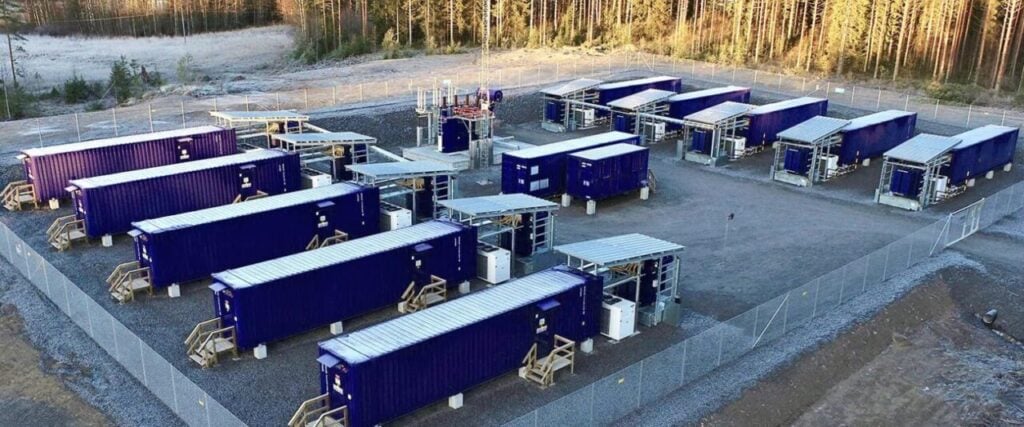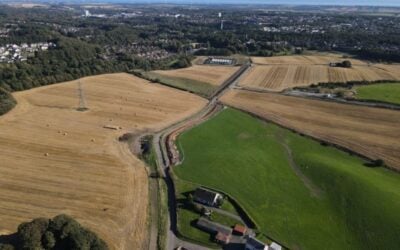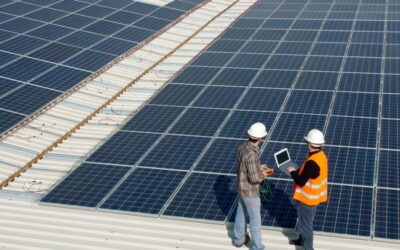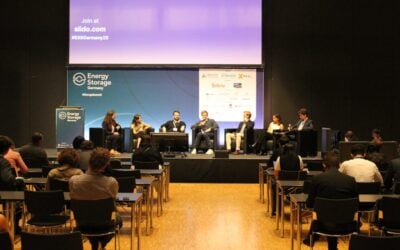
France-headquartered IPP Neoen has started construction work on a 45MW/90MWh BESS project in Saxony-Anhalt, Germany, set to come online in 2026.
The project, called the Arneburg Battery, is the first battery energy storage system (BESS) for Neoen in Germany, it said in its announcement yesterday (8 January).
Enjoy 12 months of exclusive analysis
- Regular insight and analysis of the industry’s biggest developments
- In-depth interviews with the industry’s leading figures
- Annual digital subscription to the PV Tech Power journal
- Discounts on Solar Media’s portfolio of events, in-person and virtual
The independent power producer (IPP) will own 100% of the Arneburg Battery and will be the operator of the project once online too, in line with its models in other markets.
Arneburg will participate in both intraday power trading and balancing services, helping to maintain real-time balance between production and consumption in light of growing renewable power penetration.
Neoen said it has a “robust” pipeline of projects in Germany of over 1GW at various stages of development.
The company, which is in the process of being acquired by infrastructure investor Brookfield, has a global portfolio in operation or construction totalling 2.3GW/5.3GWh.
Germany reached 100GW of solar capacity at the end of 2024, according to the German Solar Industry Association, and has a target to roughly double that by the end of the decade. The grid-scale storage market has subsequently soared in activity, with major project updates from Nofar, Amprion and Eco Stor in the past month alone.
Elsewhere in Europe, Neoen is is building BESS projects which will, for a time, be the largest in Sweden – the 93.9MW/93.9MWh Isbillen Power Reserve project – and Finland, the 56.4MW/112.9MWh BESS Yllikkälä Power Reserve Two project.
In Australia, its portfolio includes the 70MW/540MWh Western Downs Battery and the 560MW/2,240MWh Collie Battery. However, it has had to divest some Australian solar BESS assets, including the including the 350MW/450MWh Victorian Big Battery, because of competition concerns arising from Brookfield’s existing ownership of transmission network operator AusNet.






